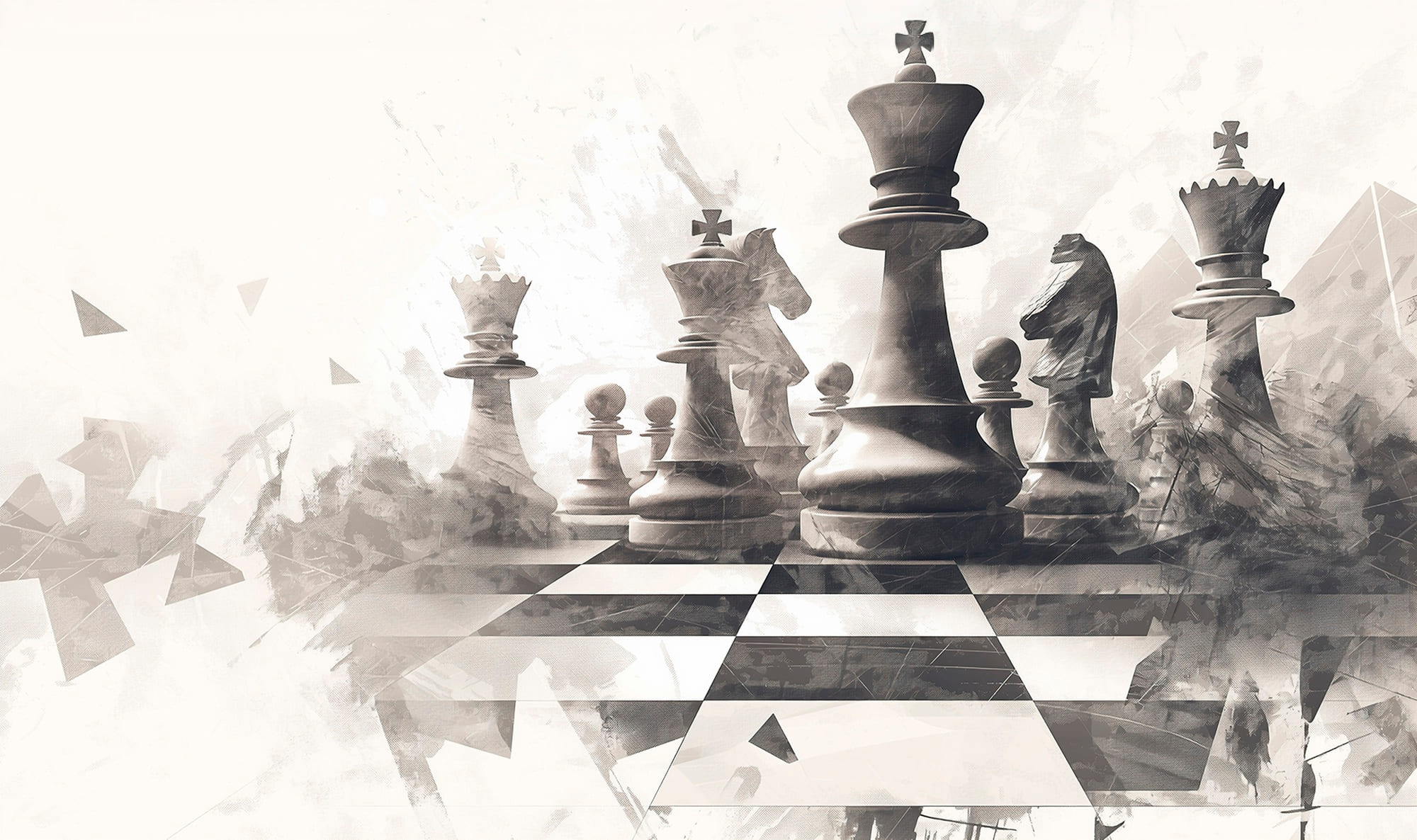Blog
Beyond the Board: Unveiling the Intriguing World of Chess

For centuries, chess has stood as a timeless battleground of the mind, a game of strategy and intellect that transcends cultures and generations. But beyond the familiar sixty-four squares and the iconic pieces lies a world brimming with fascinating facts, surprising origins, and enduring cultural significance. Prepare to delve deeper into the intriguing universe of chess, where history, mathematics, and human ingenuity intertwine.
Ancient Roots and Royal Connections:
The origins of chess can be traced back to 6th century AD India, where it was known as chaturanga, a game representing the four divisions of the army: infantry, cavalry, elephants, and chariots. From India, it spread westward through Persia and the Arab world, undergoing transformations along the way. The arrival of chess in Europe around the 10th century saw it become deeply entwined with royalty and the aristocracy. Kings and queens were avid players, and the pieces themselves evolved to reflect the European medieval court, with the fers (advisor) transforming into the powerful Queen.
A Language All Its Own:
Chess boasts a rich and evocative vocabulary. From “castling” and “en passant” to “fork,” “pin,” and “skewer,” the terminology of chess is a precise and elegant language understood by players worldwide. These terms not only describe specific moves and tactical motifs but also add a layer of depth and sophistication to the game.
The Power of the Pawn:
Don’t underestimate the humble pawn! While seemingly the weakest piece, pawns hold unique abilities. They are the only pieces that move in one direction (generally forward) but capture diagonally. Their potential to promote to any other piece (except a king) upon reaching the opposite side of the board makes them a crucial strategic element, embodying the idea that even the smallest can achieve great things.
More Possible Games Than Atoms in the Universe?
The sheer number of possible chess games is staggering. Mathematicians estimate it to be far greater than the number of atoms in the observable universe. This mind-boggling complexity is what makes chess endlessly fascinating and challenging, ensuring that no two games are ever truly identical.
The Longest Game and the Youngest Grandmaster:
The longest officially recorded competitive chess game lasted an incredible 269 moves and ended in a draw. On the other end of the spectrum, the title of the youngest chess grandmaster has been held by several prodigies, showcasing the remarkable potential for young minds to master this intricate game.
Chess and Artificial Intelligence:
The quest to create a chess-playing computer that could defeat the world champion has been a long and fascinating journey. In 1997, IBM’s Deep Blue famously defeated Garry Kasparov, marking a significant milestone in the development of artificial intelligence. Today, chess engines far surpass human capabilities, serving as invaluable tools for analysis and learning.
A Global Unifier:
Despite its ancient origins, chess remains a vibrant and popular game across the globe. It transcends language barriers and cultural differences, uniting millions of players in a shared passion. From casual games in parks to high-stakes international tournaments, chess fosters a global community of strategic thinkers.
Chess in Culture and Art:
The allure of chess has extended far beyond the board, influencing literature, art, and cinema. Its themes of strategy, conflict, and intellectual prowess have provided rich inspiration for countless creative works, solidifying its place as a significant cultural touchstone.
The Enduring Mystery:
Despite centuries of analysis and countless games played, the depths of chess strategy remain inexhaustible. New ideas, openings, and tactical nuances continue to be discovered, ensuring that this ancient game remains a captivating and evolving challenge for generations to come.
So, the next time you sit down to play a game of chess, remember that you are engaging with more than just a pastime. You are participating in a tradition that stretches back millennia, a language understood worldwide, and a challenge that continues to intrigue and inspire the greatest minds. The world of chess, far beyond its sixty-four squares, is a testament to the enduring power of human intellect and the timeless beauty of strategic thought.
Sources and related content
